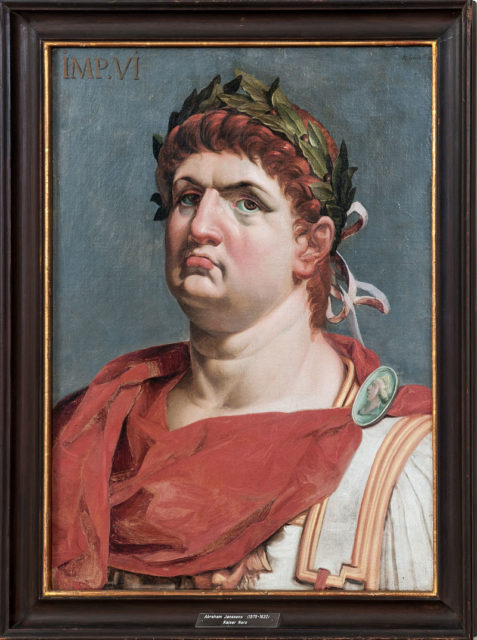Throughout history, societies have taken different stances on suicide. For instance, in Victorian England suicide was a sin and a punishable crime. Suicides were not allowed a proper burial and their property was confiscated by the state.
In some Asian cultures, particularly in Japan, ritual suicides were sometimes considered honorable. High-ranking officials would commit suicide after conducting a particularly devastating mistake. They took their own life in order to die with dignity and escape public disgrace.
Even the most notable Japanese postwar writer carried out such a suicide, Yukio Mishima. The writer of books such as The Temple of the Golden Pavilion submitted himself to seppuku, the traditional suicide ritual of the samurai, after failing to carry out a coup attempt in 1970. Mishima’s seppuku did not go as planned, though. The writer did not properly disembowel himself, nor did his follower, who was supposed to decapitate him, have calm enough hands to finish the act. It was certainly a painful death, anyway.
In the case of ancient civilizations, such as those of Ancient Greece and Rome, attitudes toward suicide seem to have been pretty lenient. As numerous historical accounts testify, suicide was not stigmatized in these ancient societies, as can be the case in modern societies. More often than not, it was not a moral or religious wrongdoing.
Several Greek philosophers have contemplated the fact that suicide was acceptable under certain conditions, such as when a person underwent severe health issues and when life became unlivable upon reaching old age. This acceptability to suicide continued to linger in the days of the Ancient Romans, too, particularly for individuals who suffered from diseases for which there was no known cure.

Since it was not a crime nor a sin against the gods to commit suicide in Ancient Rome, it is safe to say that this ancient civilization had a somewhat progressive approach too. In a way, suicide seems to have been comparable to euthanasia, at least to a certain degree. Several Ancient Roman writers and thinkers would refer to the acts where people took their own lives, including historian Titus Livius or Pliny the Elder.
If there was no active prohibition against citizens willingly ending their lives within the borders of the Roman Empire, it did not mean that each case was tolerable. Suicide was still forbidden to slaves and soldiers, due to economic or national reasons.
Slaves, for instance, were considered property, and their masters had to ensure that they live in favorable conditions. But even if a slave did carry out a suicide, there were no repercussions for their masters. But soldiers who committed suicide were publicly disgraced. For emperor Hadrian, suicide was even equal to desertion. This also meant that everything left behind by a soldier who took his own life now belonged to the Emperor.
On the other hand, soldiers were encouraged to take their lives if they ended up surrounded by adversaries on the battlefield. This form of suicide was considered honorable and patriotic because it showed that the soldiers would rather be killed than fall into the hand of their enemies.
Furthermore, people convicted of capital crimes were also forbidden to commit suicide because the state could take no legal action against their property before they were found guilty. But many such prisoners opted to end their life, just before the trial was through so that the state wouldn’t seize their property. Things supposedly changed in the first century A.D., under Emperor Domitian. He ruled that any prisoner who died without trial was omitted the right to have their property passed to a descendant.
Suicide seems to have been acceptable under specific circumstances if, for instance, someone did not wish to succumb to the infirmity of old age or incurable disease. If the reasons were considered sound, a person would have been allowed to commit suicide.
Accounts suggest that, in some parts of Ancient Rome, people who wished to end their lives were able to petition the Senate. A proper investigation on their case would have followed as no authority would rush to grant an individual the permission for such an act. If the person in question was not to be soothed in any other way, if suicide was proven the rational thing to be done, then it was permitted. Hemlock, a highly poisonous plant, was frequently provided for the peoples who were to end their lives this way.

Some suicide episodes of Ancient Rome were controversial, to say the least, and far from the case of being euthanasia. The death of the famous philosopher and orator Seneca was particularly cruel. He was convicted and sentenced to capital punishment for his alleged involvement in a conspiracy to assassinate Emperor Nero, so he was forced to commit suicide in 65 A.D.
Read another story from us: In Ancient Rome flaming war pigs were used to counter elephants
Although his guilt was never proven and most contemporary historians doubt that he was ever involved in the plot, Seneca obeyed the laws and killed himself by cutting his wrists and ingesting a powerful poison.
